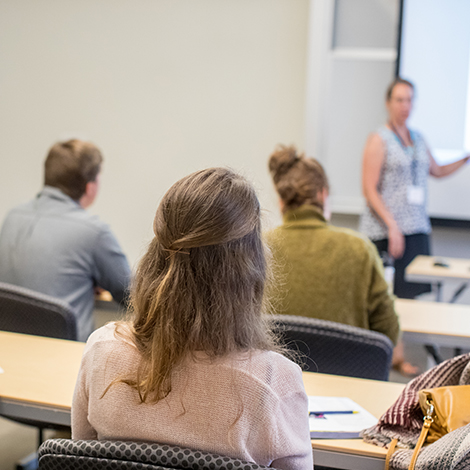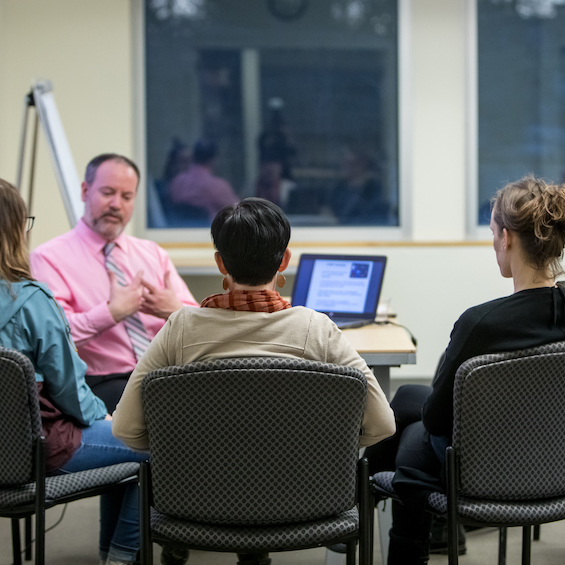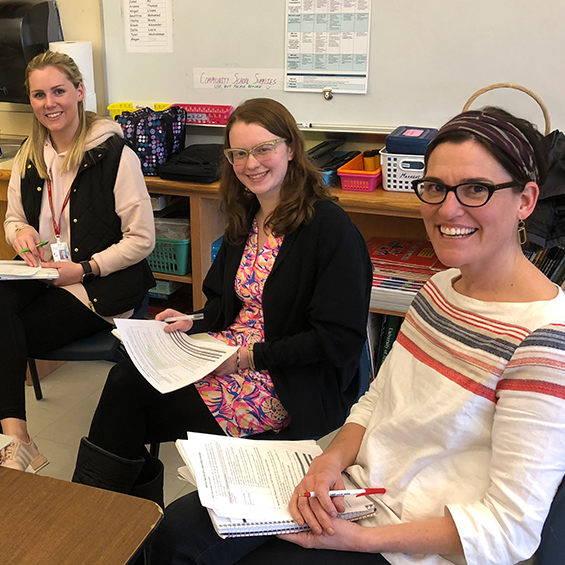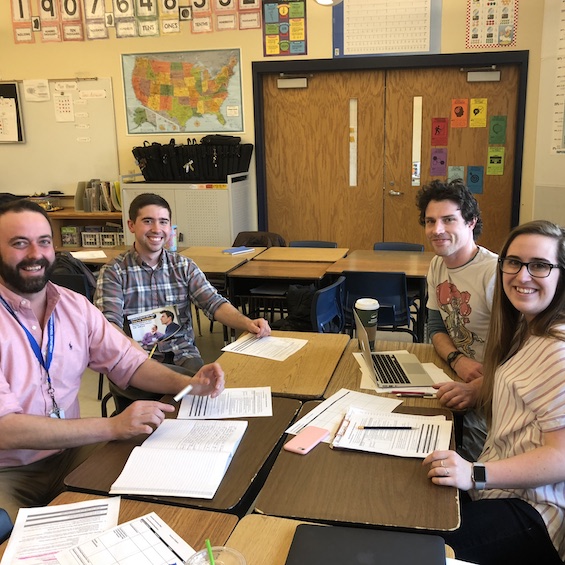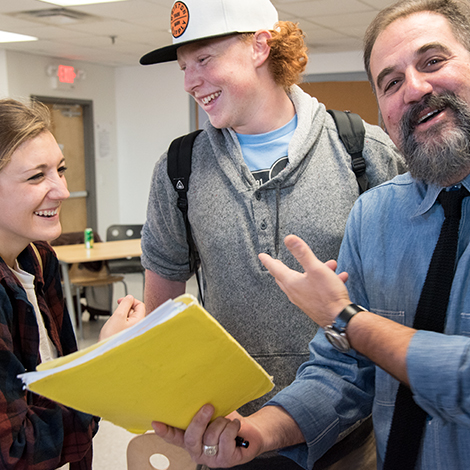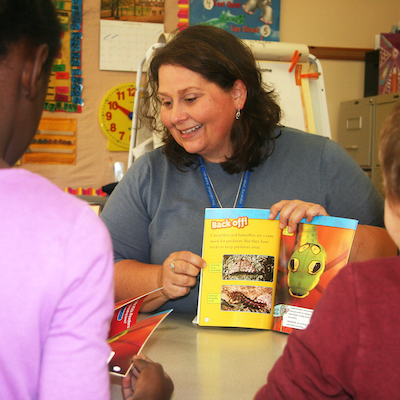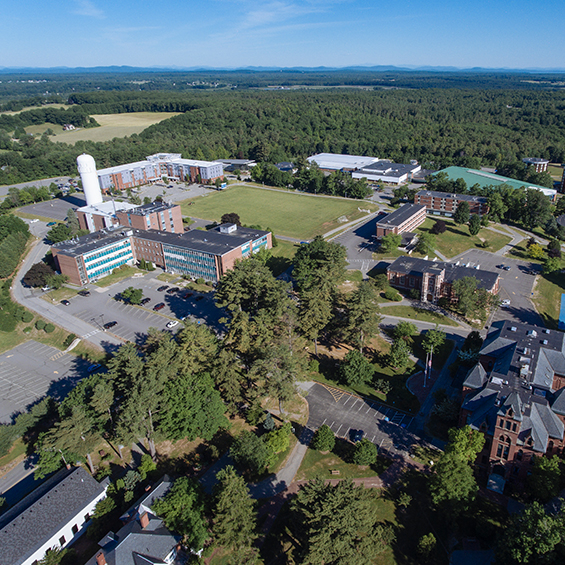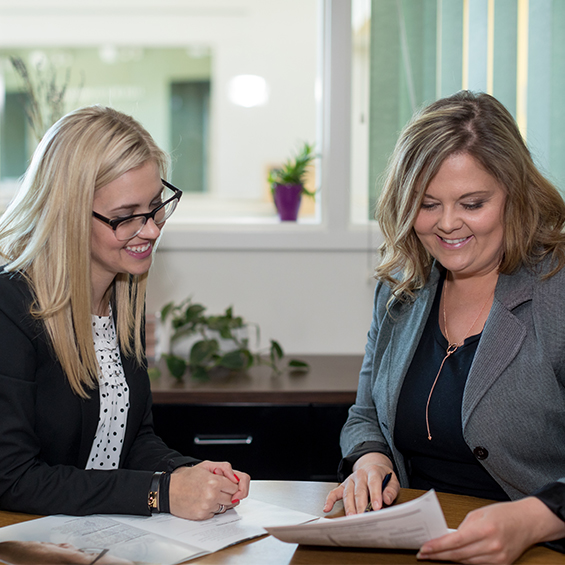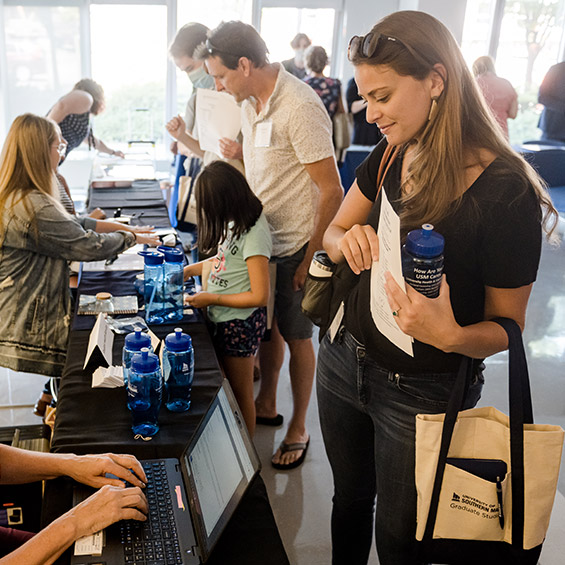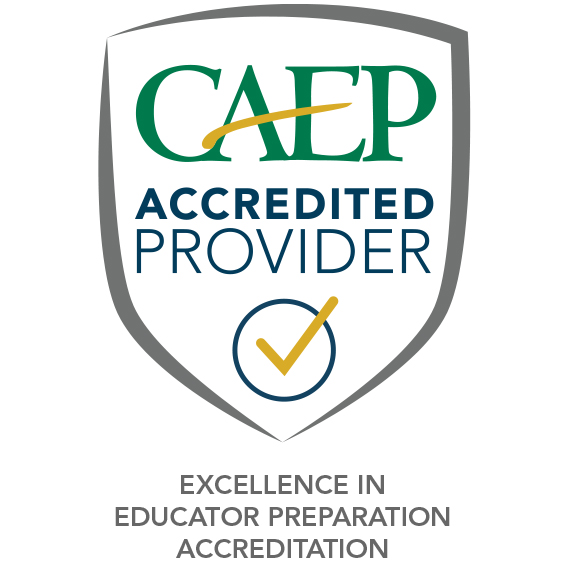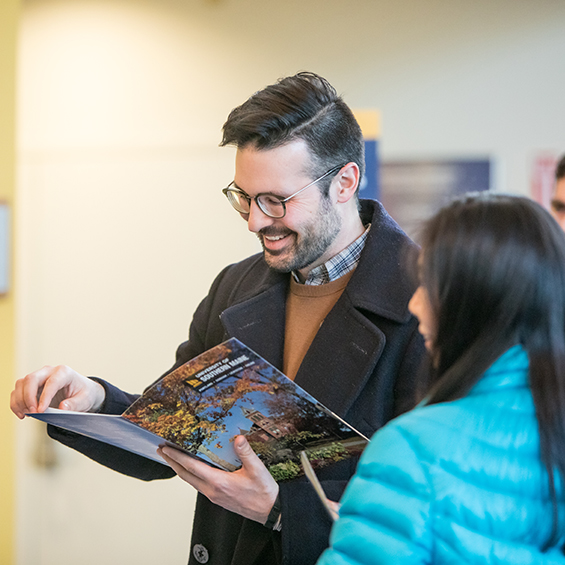Tuition & fees
Costs include tuition & fees. See cost details
Credit hours
39-45 required credit hours, depending on certification area. Most courses are equal to 3 credit hours. Browse course list
Financial aid
Over 150 graduate assistantships available with stipend & tuition assistance, plus scholarship, fellowship & research opportunities. Explore aid
Admissions
Apply by Jan 31 for fall or summer term. After deadline, rolling admissions may be possible through May 1. View application process & deadlines
Program highlights
Our Program Options
We offer two pathway options. Our 10-Month Pathway is the most accelerated teacher certification program in the state. Our 2-Year Pathway offers greater scheduling flexibility. With each pathway, you can choose to focus on either Elementary (K-6) or Secondary (6-12) education.
Initial teacher certification
You’ll complete all state of Maine requirements for initial teacher certification in one of the following areas: K-6 Education, 6-12 English, 6-12 Mathematics, 6-12 Physical and/or Life Sciences, 6-12 Social Studies, or PreK-12 World Languages.
Program requirements
We pair an intensive student-teaching internship with evidence-based professional knowledge, ensuring that our students have a highly practical, authentic, and well-supported educational experience.
Strong school partnerships
Our graduates have strong job-placement rates in the districts where they have completed their student-teaching internships.
In-depth classroom experience
We offer twice as much classroom experience as other graduate programs. You’ll gain student-teaching experience in two grade levels — and in a district that aligns with your location and career goals.
Experienced, dedicated faculty
Study with faculty who have extensive experience as practicing educators in K-12 schools. Our faculty guide and support your professional development and career planning.
Scholarship opportunities
Scholarships offer financial aid that doesn’t need to be repaid. We encourage students in graduate degree programs to apply for scholarship opportunities.
Graduate student support
Our Office of Graduate Studies connects you with opportunities for professional development, scholarships, and graduate assistantships. They also foster our graduate student community through Peer Mentorship and the Graduate Student Board.
Connect with us
Our monthly Graduate Information Sessions are an excellent way to learn more about the benefits of our program, as well as our admissions and financial process.
National accreditation & state approval
The Council for Accreditation of Educator Preparation (CAEP) confirms that our students graduate with the tools and expertise for classroom success. Maine State Board of Education and Maine Department of Education approval ensures continual utilization of new knowledge, practices, and technologies.
How to Apply
To ensure a high level of applicant qualifications, our required application materials include prerequisites mandated by the Maine Department of Education as well as materials required by the University. We recommend giving yourself ample time to gather and prepare application materials.
Our graduate admissions counselors are here to answer your questions about the admissions process, our academic programs, and student support services.
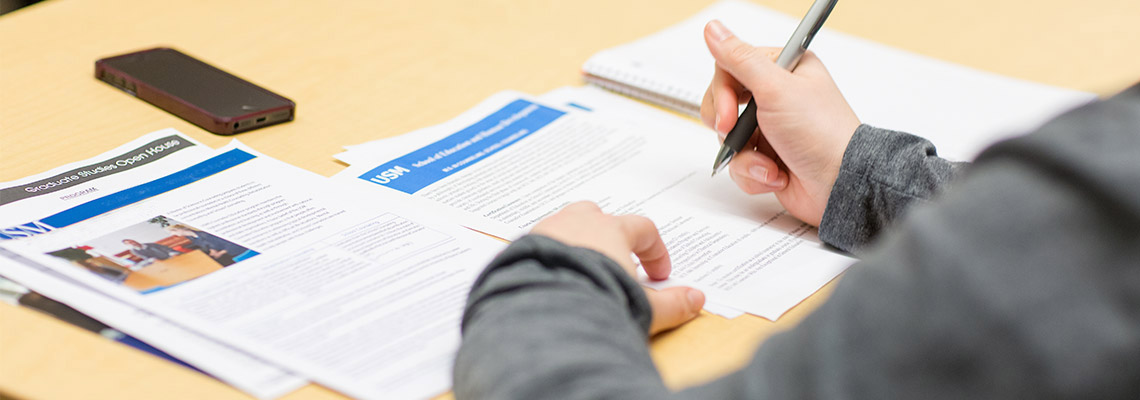
Admission information: MSEd in Teaching and Learning (MTL) – Extended Teacher Education Program (ETEP)
Application deadlines
We accept applications on a rolling basis and review them continuously.
| Application deadline | Summer term start: 10-Month pathway | Fall term start: 2 year pathway |
|---|---|---|
| All applicants | January 31 Rolling admissions through May 1 if specific certification areas have openings. | January 31 |


